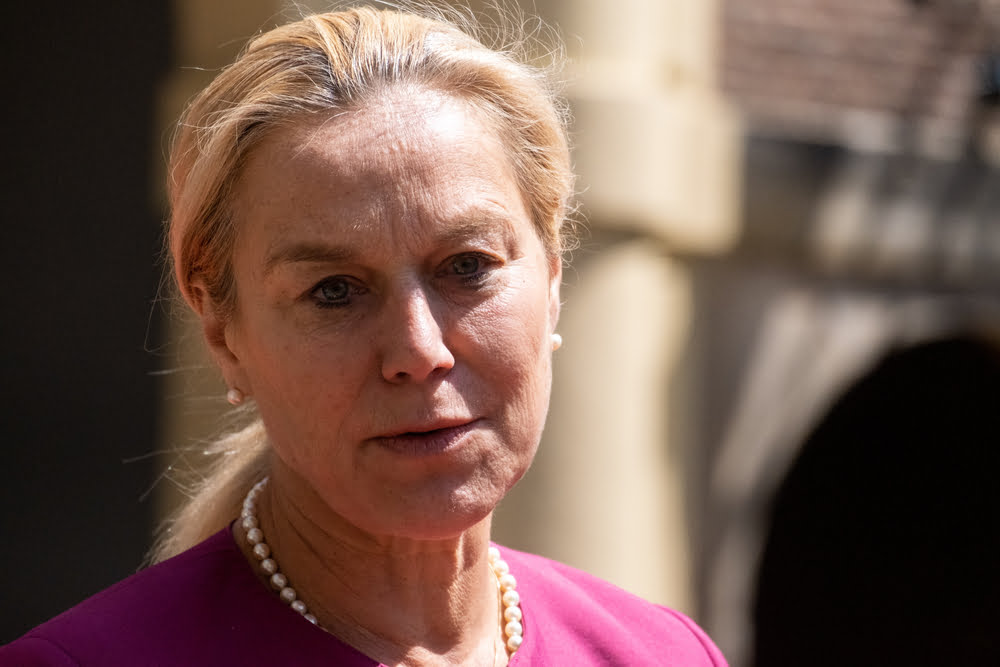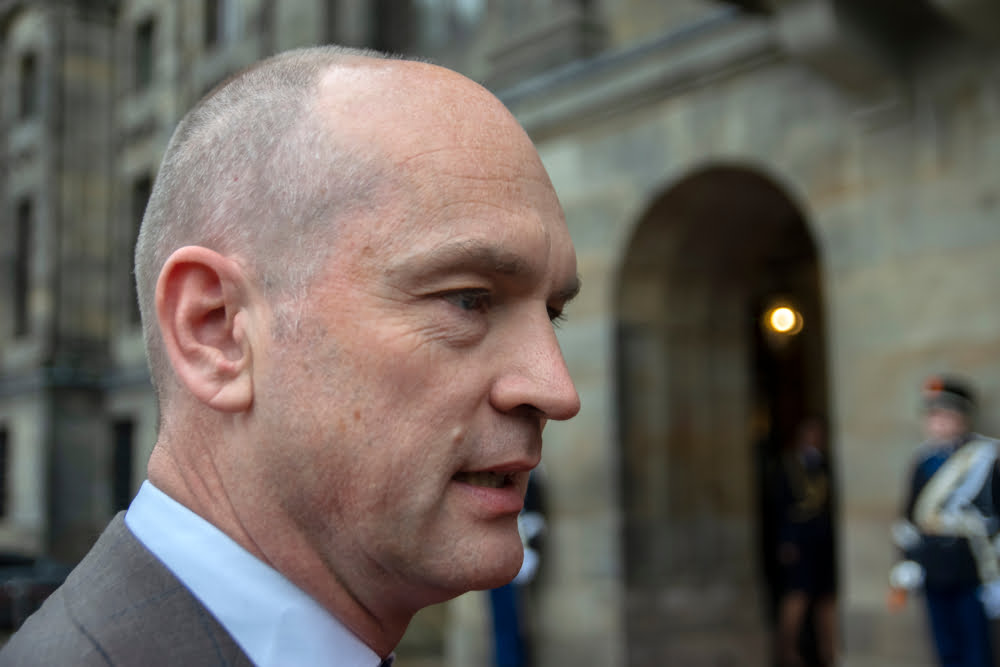The government wants to significantly reduce emissions in the mobility sector. Emissions have fallen the least in this sector since 1990. Including aviation and shipping, this has even increased. Reducing emissions is necessary to achieve the climate goals, but also to improve air quality.
Inside the coalition agreement they want to continue to invest in clean mobility because of the climate, but also to improve the air quality in the cities. Electric transport is stimulated; the second-hand market. Overstimulation is prevented. Sustainable city logistics and freight traffic will also receive support. The roll-out of charging infrastructure is being accelerated. The blending of sustainable biofuels is encouraged.
synthetic kerosene
The coalition wants to make agreements with the business community and governments about encouraging working from home. In addition, they are committed to making aviation fuels more sustainable. In order to make aviation and shipping greener, they are investing in the development and production in the Netherlands of, among other things, synthetic kerosene. The Netherlands can be a forerunner in this.

The new cabinet wants to support the European Commission's proposals for a tax on kerosene at EU level. They also support the proposals on the greening of shipping. The Dutch aim is to prevent carbon leakage as much as possible. The availability of shore power for ships will be further expanded.
emission-free
The aim is for all new cars to be emission-free by 2030 at the latest. In 2030, the cabinet will introduce a 'Payment according to Use' system for all car mobility and will adopt legislation during this cabinet term. The basis for the system is the motor vehicle tax, the rate of which is made dependent on the number of kilometers driven annually. The charge is not bound by time and place and will replace the existing toll routes, such as the Westerscheldetunnel, the Kiltunnel and the planned extended A15. This means that users of electric and fossil cars will both contribute to road use.
The cabinet will continue the proposals for sustainability from the Aviation Memorandum 2020-2050 “Flying responsibly to 2050” (2020), including emission ceilings per airport. They increase the airline ticket tax, with the proceeds being partly used for making aviation more sustainable and reducing environmental impacts.
Also read: Cabinet expands corona support for taxi entrepreneurs


